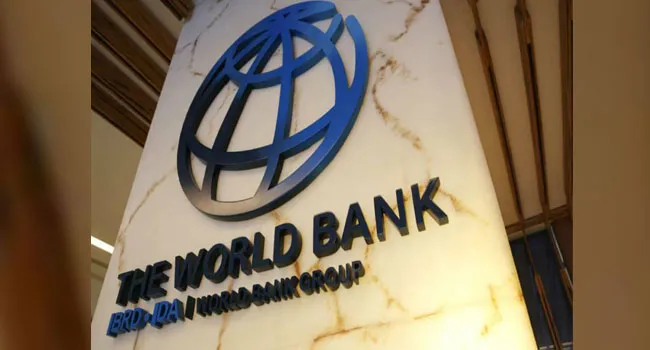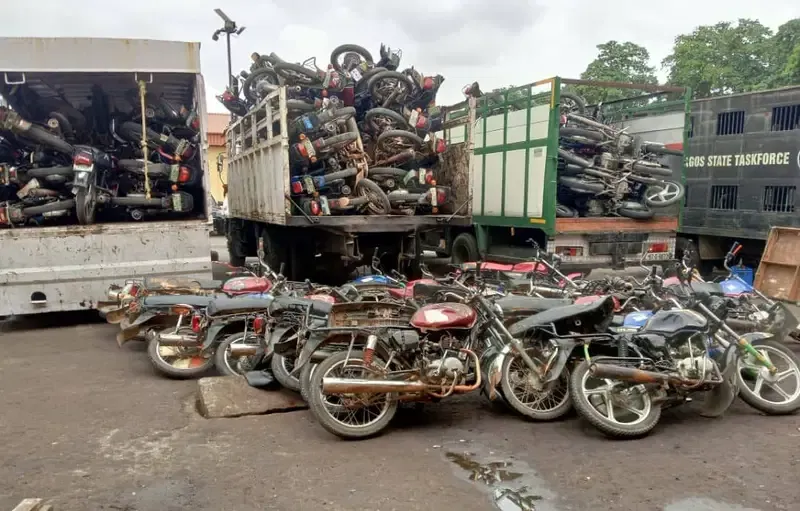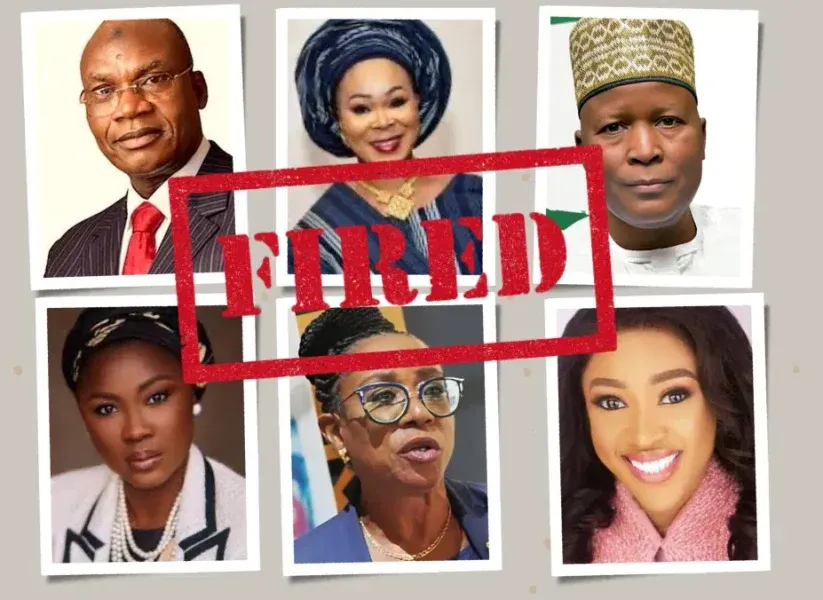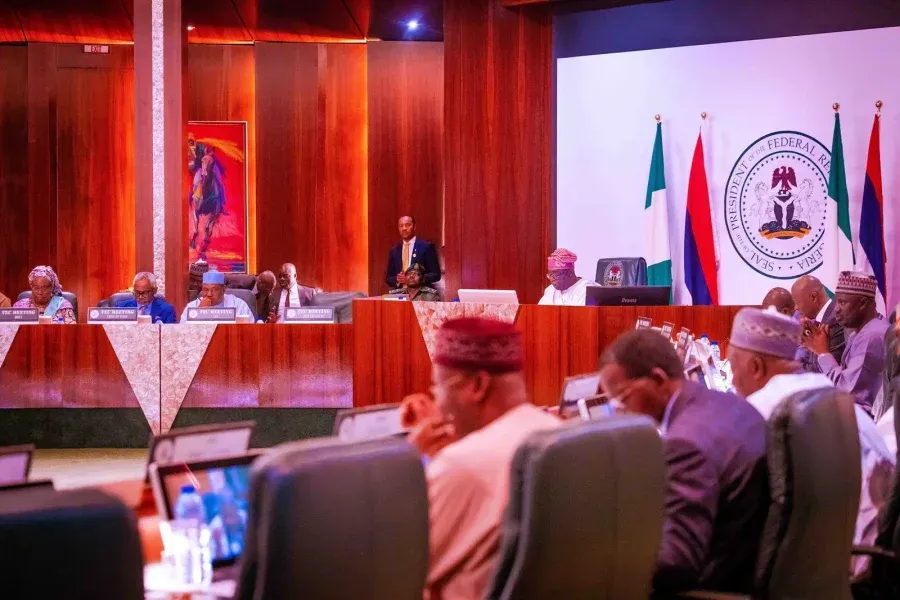Consumers categorized as “Band A” are voicing discontent over inadequate electricity supply from Distribution Companies (DisCos), with some communities now petitioning to be downgraded to “Band B.” These grievances come as the Nigerian Electricity Regulatory Commission (NERC) mandates a tariff increase, despite the failure to meet the promised 20-hour minimum supply.
The situation has unveiled a complex interplay of factors. While DisCos face challenges in meeting supply benchmarks due to dwindling power allocation from the upstream value chain, consumers grapple with reduced electricity access. The Independent System Operator’s data reveals a stark decline in load allocation to DisCos, exacerbating the situation.
Amidst finger-pointing between DisCos and the Transmission Company of Nigeria (TCN), tensions rise as each party disputes responsibility for supply shortcomings. While DisCos cite technical issues at transmission stations, TCN refutes these claims, highlighting discrepancies in fault attributions.
In response to the brewing crisis, DisCos pledge to establish rapid response teams to enhance service delivery, particularly on Band A feeders. However, worker unions caution against the recent tariff hike, labeling it an anti-people policy that exacerbates socioeconomic challenges. They threaten nationwide power shutdowns should any colleague face retaliation over tariff-related grievances.
As stakeholders grapple with these challenges, calls mount for collaborative efforts to address systemic issues plaguing the power sector.





